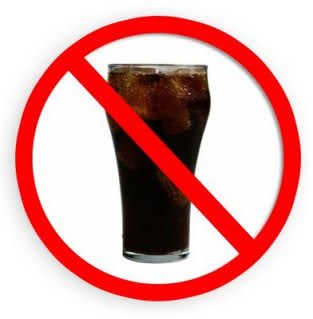5 Reasons Why Soft Drinks Aren’t Good For Your Health

Numerous studies have shown the negative health effects of drinking soda on your waistline and your teeth. Drinking soda however, has far more serious health risks than many of us may realize.
According to studies, the average person consumes more than 126 grams of sugar per day. That’s equal to 25.2 teaspoons, or the equivalent of drinking a little over three 12 ounce cola. Regular consumption of fizzy drinks is linked to numerous health problems including diabetes, heart disease, asthma, COPD and obesity.
Below are some health risks that may be caused by taking a lot of soft drinks;
- They can raise our risk of heart disease
Scientists in America found a strong link between the proportion of daily calories from foods laden with added sugars (like fizzy drinks) and death rates from cardiovascular disease. They claimed that drinking three cans a day could triple our risk of heart disease.
- They can cause liver damage
A study from 2009 found that sugary drinks can cause fatty liver disease and drinking just two cans per day could lead to liver damage.
- They can make us fat
This one may seem obvious. However, what you may not know is that diet soft drinks can still affect our waistline dramatically. A study found that those who drank diet fizzy drinks saw their waistlines expand nearly three times as much as non-drinkers and even more so than those drinking non-diet versions.
4. Damages Teeth
Acid in soda wears away dental enamel. Lab testing on soda acidity shows that the amount of acid in soda is enough to wear away dental enamel. PH levels in soda can be as low as 2.5, as a frame of reference battery acid has a pH of 1, water has a pH of 7.0.
5. They can cause premature aging
Phosphates used in fizzy drinks, as well as many other processed foods, has been found to speed up the ageing process This is not bad just in terms of wrinkles, but also health complications that some with age, such as chronic kidney disease and cardiovascular calcification.





